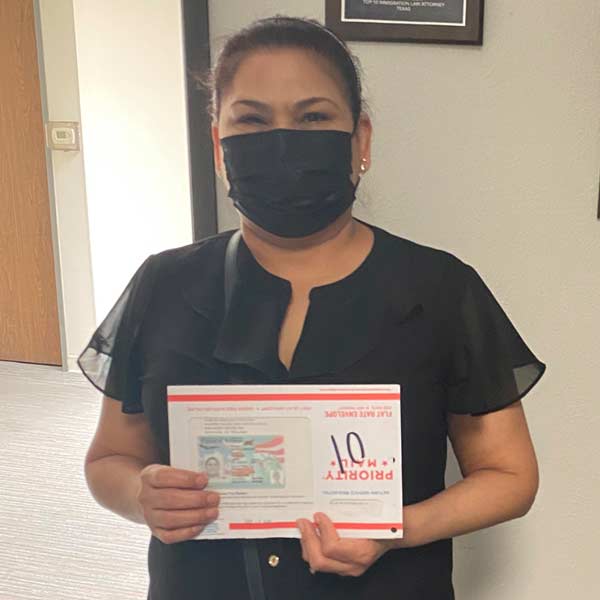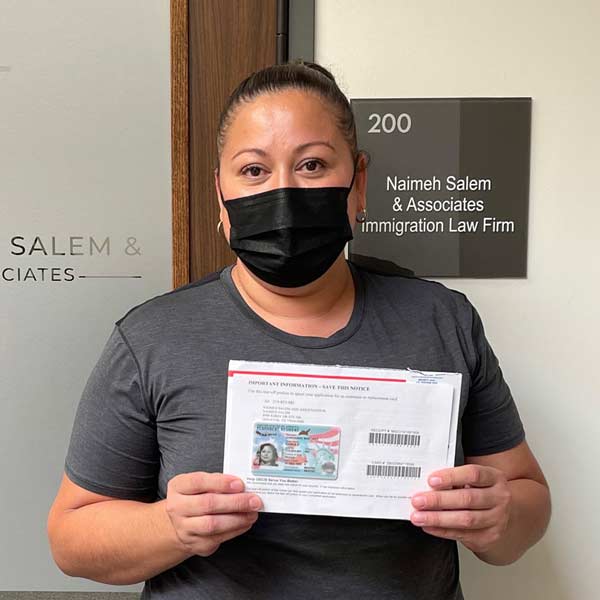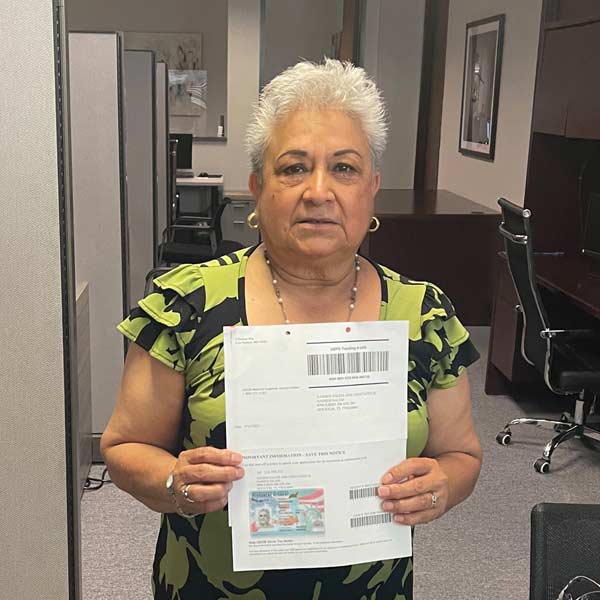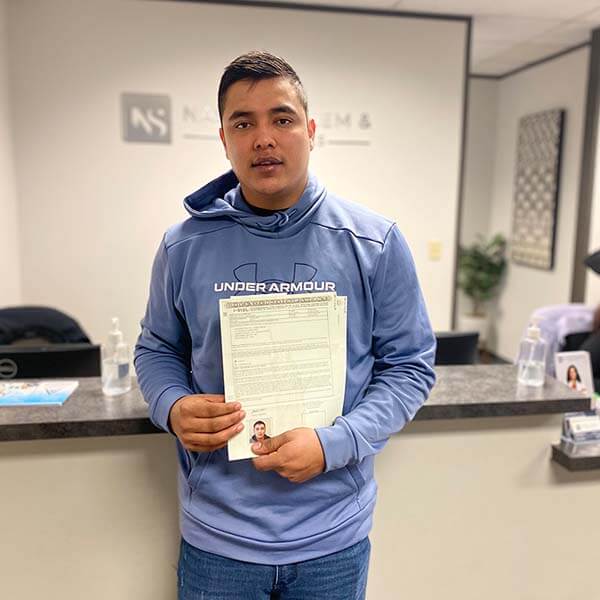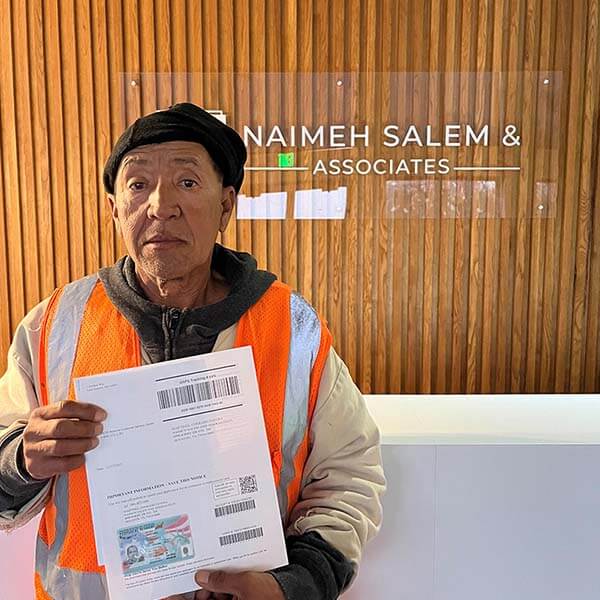Immigration Is A Journey In Resilience. We Are Here To Support You.
Across Houston and South Texas, immigrant families are working hard every day to build a life they are proud of. At Naimeh Salem & Associates PLLC, our attorneys are kind, capable and committed to supporting our neighbors in their immigration journey.

How Naimeh Salem & Associates PLLC Strives To Make Immigration Easier
At Naimeh Salem & Associates PLLC, our attorneys work to resolve immigration issues with a compassionate and educated approach. Anyone who has been through the immigration system will tell you that it is complicated, filled with challenges and seemingly endless paperwork. A mistake can mean months of delays or even an outright rejection. We manage the chaos so you can focus on providing yourself and your loved ones with a stable, positive home environment.
The Details Matter To Us, And They Matter For Your Case
If you have chosen to move to a new country, it is for deeply personal reasons, and your life is fundamentally changed by the decision. You deserve to work with an attorney who will care about the “why” of your decisions and who will focus on helping you achieve your goals, whether that means supporting your efforts to get a work visa or green card or creating a strategy that helps bring your family to the United States. Our attorneys are focused on you, and we take the time to get to know you as a person. This helps us find the details and differences that can create a thorough and expedited immigration process.
A Trusted Immigration Law Firm For Houston And The Surrounding Area
Success Looks Different Here
We are proud to continue helping clients in and around Houston achieve their immigration goals.


